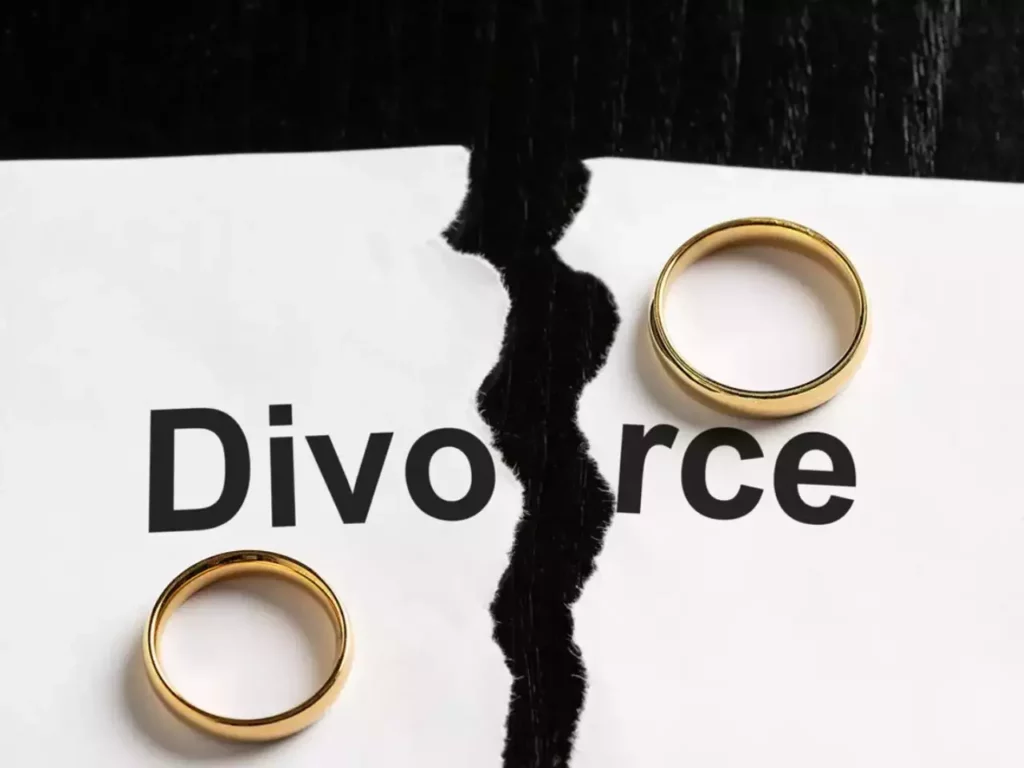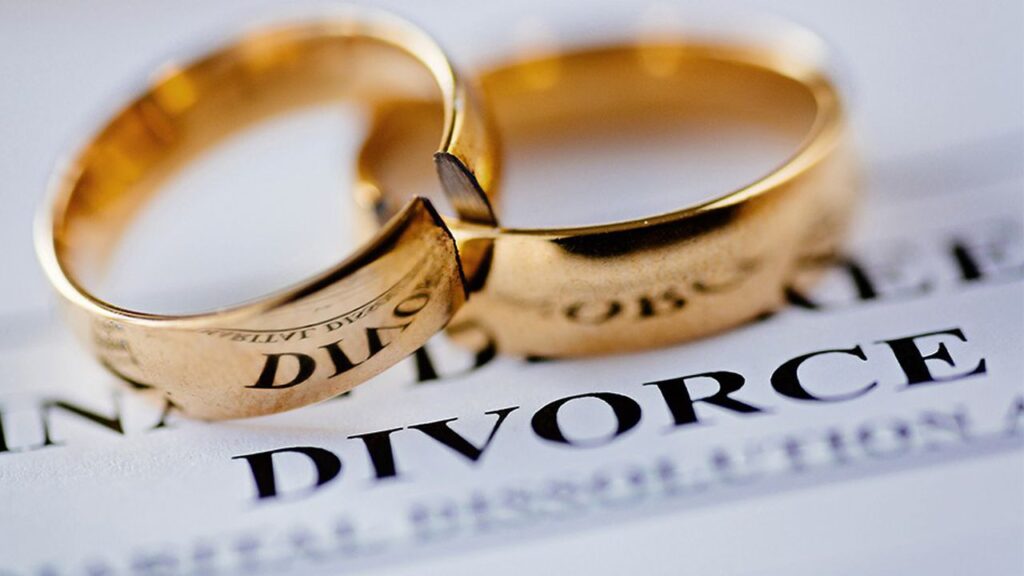Divorce and separation are experiences that bring about a whirlwind of emotions. Ending a relationship can trigger a range of feelings, including anger, sadness, confusion and even relief. To successfully navigate this journey, it is essential to employ effective coping techniques that do not help you weather the storm but also promote personal growth and healing.
The first crucial step in dealing with the turmoil of divorce or separation is accepting your feelings. It’s completely normal to experience a rollercoaster of emotions during this time. There is no wrong way to feel. Recognize that it’s okay to be angry, sad or confused. By acknowledging and embracing your emotions you can begin the healing process.
While divorce and separation can make you feel isolated remember that you don’t have to face it. Reach out to trusted friends and family members for support. Sharing your feelings with someone you trust can be cathartic. Make you feel less alone in your struggles.
Consider seeking assistance, from a therapist or counsellor who specializes in helping individuals through divorce and separation. Professional guidance can provide you with coping strategies and emotional tools to better manage the challenges you’re facing.
Therapy provides an environment to delve into your emotions and navigate the complexities of your situation.
Taking care of yourself both physically and mentally is essential, during this time. Prioritize self-care by maintaining a routine that includes exercise, proper nutrition and enough sleep. Engaging in activities that bring you joy and relaxation also contributes to your wellbeing.

Writing down your thoughts and feelings can serve as an outlet. Journaling allows for reflection on emotions tracking progress and gaining insights into the healing process. It provides a space where you can be completely honest, with yourself.
Establishing boundaries with your ex-partner can help reduce turmoil. Determine the level of contact. Stick to those limits. This minimizes unnecessary conflicts and creates space for both individuals to heal.
While it is important to process emotions it is equally crucial to focus on the future. What goals and aspirations do you have? What opportunities await? Shifting your attention towards what lies can provide purpose and motivation during this phase.
Divorce or separation although painful also has transformative potential. Take some time to reflect on what you’ve discovered about yourself your relationships and your priorities. Utilize this knowledge to evolve and bring about changes, in your life.
It’s quite common for individuals to experience feelings of guilt during a divorce or separation. Whether its guilt stemming from the end of the relationship or the impact it may have on children it’s important to acknowledge that you made decisions you believed were right at that moment. Grant yourself forgiveness. Release any burden of guilt.
Recovering from a divorce or separation is not a journey; it requires time. Be patient with yourself. Allow the healing process to unfold naturally at your pace. The emotional ups and downs will eventually even out. You’ll come out of this challenging experience stronger and wiser.
To sum up navigating the rollercoaster that comes with divorce and separation can be overwhelming but manageable. By acknowledging your emotions seeking support practicing self-care and employing coping mechanisms you cannot. Thrive through this difficult chapter in your life. Remember that healing is a journey for everyone without a fixed timeline for recovery. Your emotional well being takes precedence. With time and effort invested in yourself you will emerge from this experience stronger, than before. Ready to face whatever lies ahead.

